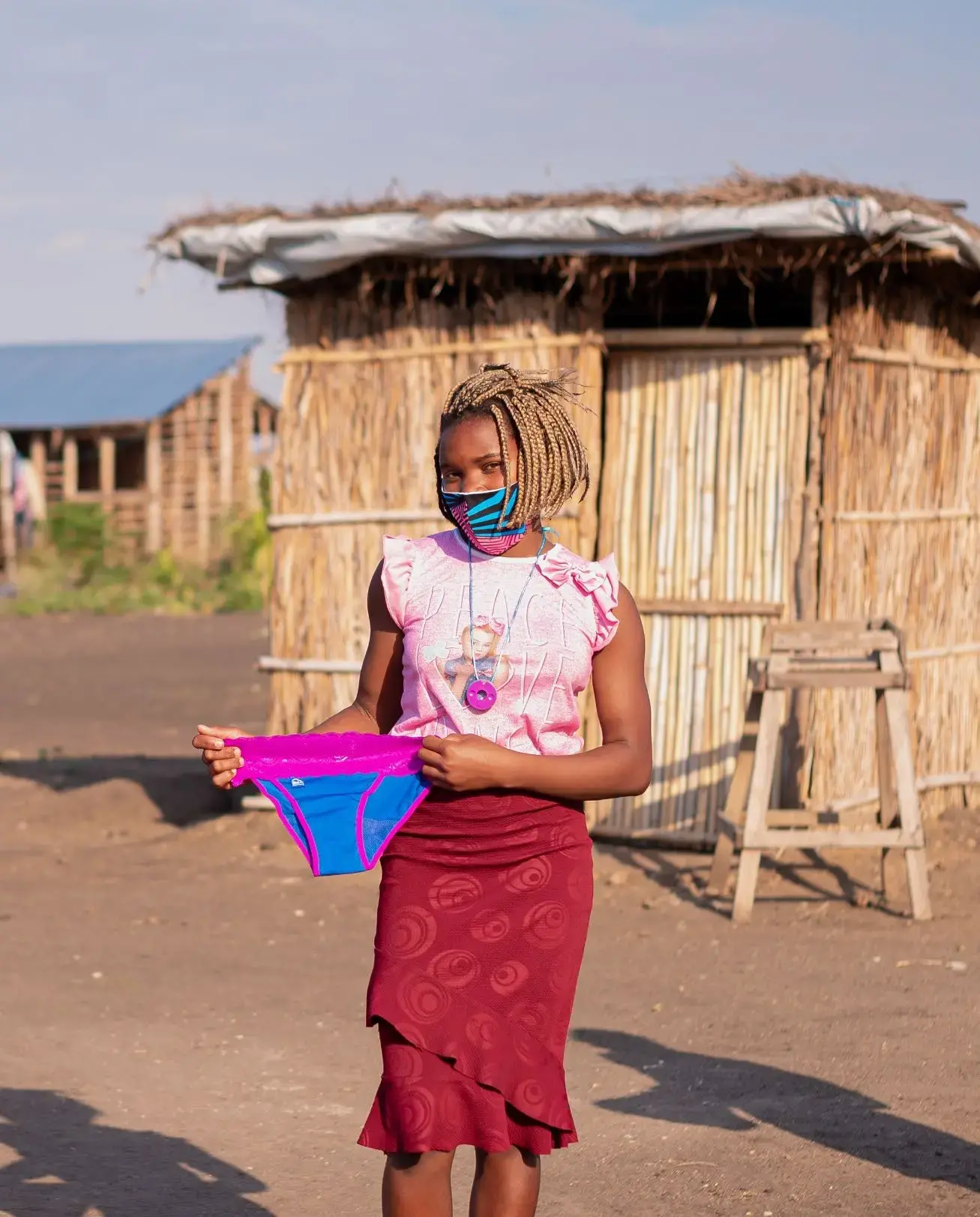This study initially aimed to gather quantitative data about the effectiveness of a menstrual health and hygiene intervention (sustainable products and educational workshops) on girls’ knowledge and attitudes about menstruation and their ability to participate in daily activities within Sofala cyclone resettlement centers. With the onset of the COVID-19 pandemic during implementation, the study shifted its approach to collect qualitative data, which can be carried out more safely in small groups outside without passing surveys and pens. The study aims to address the evidence gap regarding girls’ experiences with menstruation during COVID-19 and to capture participants’ perceptions of the menstrual management intervention within this evolving context.
This qualitative initiative was conducted in collaboration by the Ministry of Education and Human Development in Mozambique, UNFPA, Be Girl and Plan International


